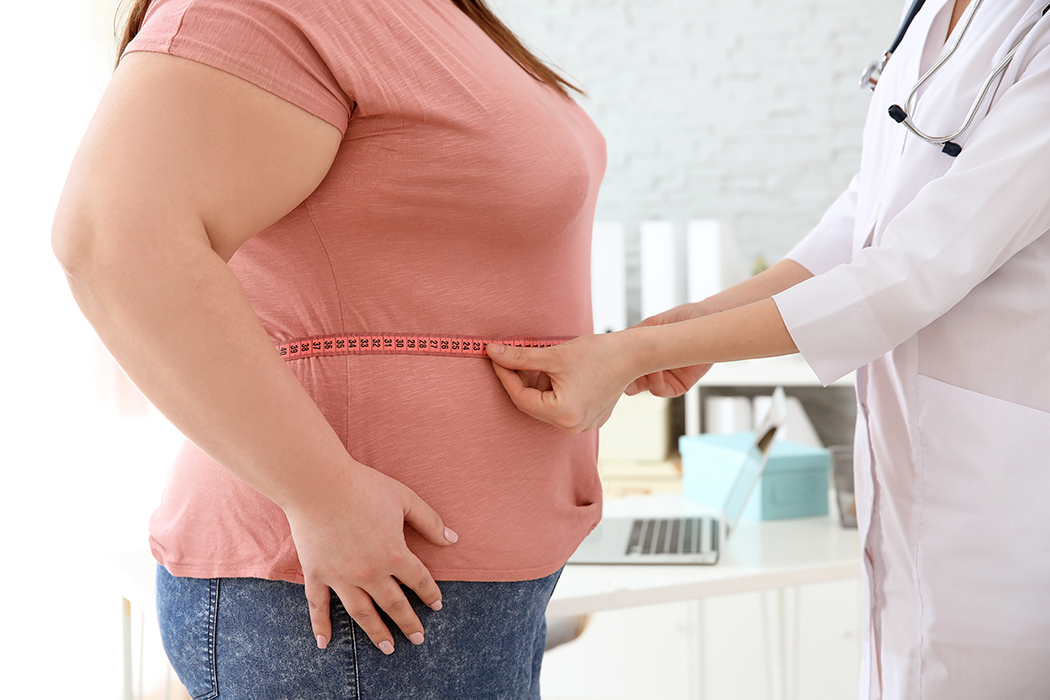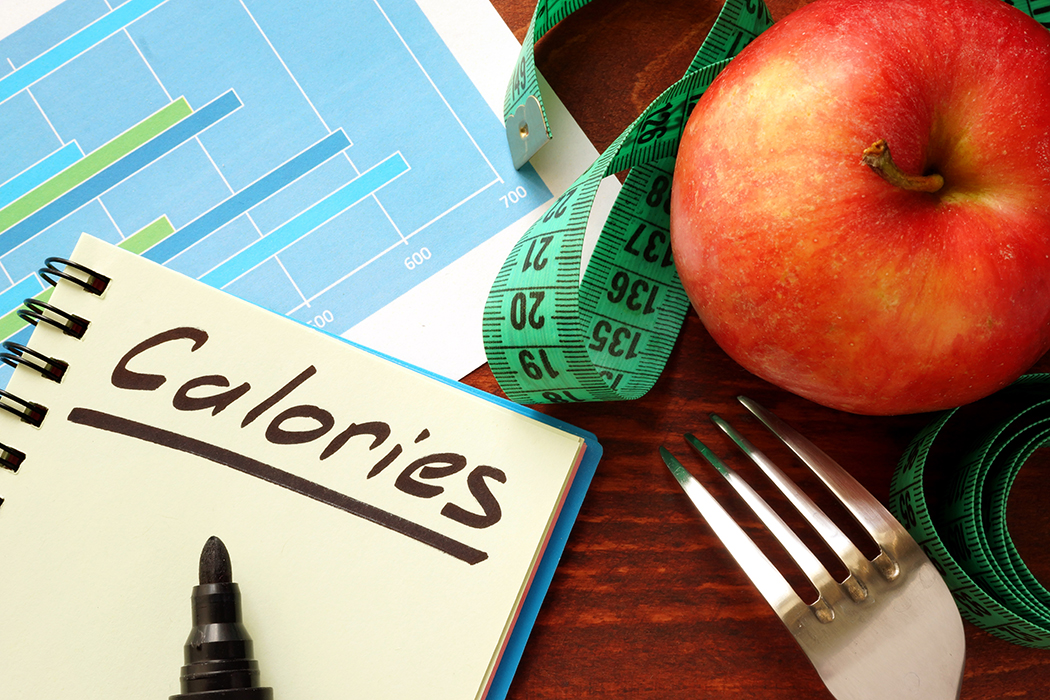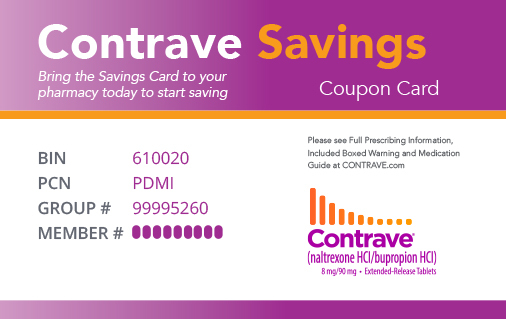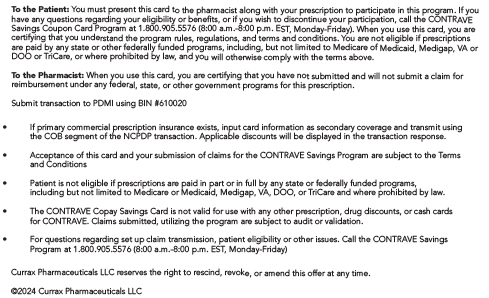How Much Water Should You Drink a Day?
You know that you should probably be drinking more water, but even if you already carry around your own water bottle, you might still be wondering, “How much water should I drink a day?” Staying hydrated is key to maintaining one’s health and well-being. Our bodies lose water through sweating, exercise, and even breathing—and this water needs to be replenished. But exactly how much water should you drink a day to keep things running smoothly? Is there a standard amount for everyone? As with many health-related rules, the right amount of water to drink per day depends on a variety of factors, such as how tall you are, how much you weigh, how active you are, and so on. Below we discuss how much water you should drink in a day and the different lifestyle factors that will impact the amount of water you drink. Read on to learn more about how to stay hydrated or skip to any section using the links.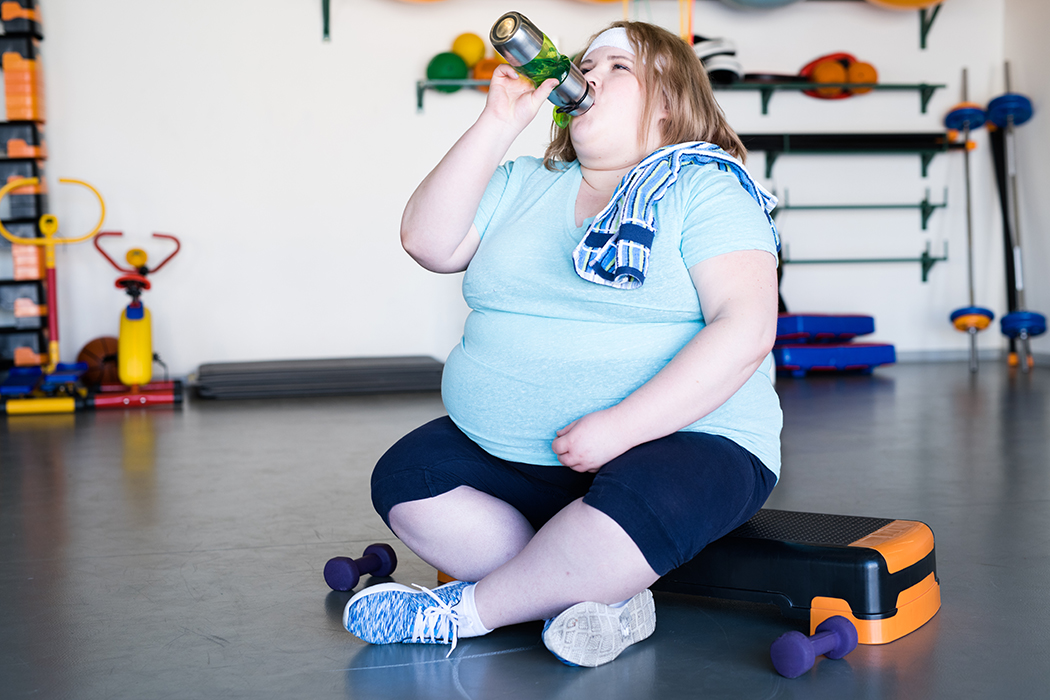
- How Much Water Should I Drink a Day?
- Benefits of Drinking Water
- Tips for Staying Hydrated
- Final Notes
How Much Water Should I Drink a Day?
So, how much water should you drink in a day? It depends on your age and activity level, among other factors. The National Academy of Medicine has suggested that adult men should drink around 13 cups (104 oz) of fluids, while women should have around 9 cups (72 oz) of water over the course of the day.
Those who live in hot climates, work labor-intensive jobs, or are physically active may need to drink more to accommodate their lifestyles. Additionally, while the targets set by the National Academy of Medicine are the suggested guidelines people should try to follow, not getting all of that fluid intake every day won’t necessarily leave you feeling unwell.
How many ounces of water should I drink a day?
Your age and gender play a significant role when it comes to determining how much water you should drink a day. Below is a chart from the National Academy of Medicine that provides daily water intake guidelines based on age group and gender:
- 1 to 3 years of age: 32 ounces (4 cups) of water daily
- 4 to 8 years of age: 40 ounces (5 cups) of water daily
- 9 to 13 years of age: 56 to 64 ounces (7-8 cups) of water daily
- 14 to 18 years of age: 64 to 88 ounces (8-11 cups) of water daily
- Adult men: 104 ounces (13 cups) of water daily
- Adult women: 72 ounces (9 cups) of water daily
Remember, these are guidelines, so you may need to adjust them to fit your specific lifestyle needs. Knowing the signs of dehydration can help you determine if you’ve had enough fluids lately
How do I know if I’m drinking enough water?
Some people think they only need to drink water when they’re thirsty, but this can be a mistake. Thirst is the body’s desire to drink, but it does not necessarily mean you need to drink. Confusing? The body takes in a lot of input when determining thirst—sometimes, it is provoked by psychological cues, like others drinking around you. In that case, you could be influenced to drink water despite not needing to.
Waiting to experience a physical sign of thirst, like dry mouth or no longer sweating in hot weather, isn’t the best idea either. If you wait for a physical thirst cue, you’re most likely already dehydrated. If you do not remain hydrated, you may being to experience the following symptoms associated with dehydration:
- Fatigue
- Dry skin and lips
- Thirst
- Dark or discolored urine
- Muscle cramps
- Headaches
- Lightheadedness and dizziness
Benefits of Drinking Water
By staying hydrated, you are preparing your body for a better day and providing yourself with mental and physical energy. Below, we list some of the primary benefits of drinking water.
Keeps Your Heart Healthy
Your cardiovascular system is a well-oiled machine that needs water to do its best (90% of your blood is water, after all). But did you know that better hydration is associated with more favorable cholesterol levels? Additionally, a recent study has found that staying well-hydrated can be associated with a lower risk of heart failure.
Keeps Your Brain Sharp
Another benefit of drinking water is that it can help with your brain health. Water is known to help your brain cells communicate. Water clears away toxins and cellular waste and, at the same time, brings nutrients to this vital organ—like a bubble bath for your brain.
If you are well hydrated, you may perform better on cognitive tests and make decisions more quickly. Additionally, you may see test scores increase in certain cases and experience an overall improvement in cognitive function.
It’s Great for Your Skin
If you’ve ever experienced dry skin after not drinking enough water, then you know that water can have a positive impact on your skin health. The skin, your body’s largest organ, needs a large share of water to function. If you feel your skin is dry, lackluster, or wrinkled at the moment, try boosting your water intake. A few extra cups could start making a big difference in how hydrated and plump your skin looks.
You also lose water through the skin as sweat—a process that also allows your skin to release metabolic waste. Drinking enough water can help you flush out more toxins and waste, which is healthy for you and your skin.
Boost Your Energy
If you are dehydrated, you may feel tired and sluggish, while maintaining a healthy water intake helps you feel energized. Thus, the amount of water you drink can have a direct impact on your energy levels.
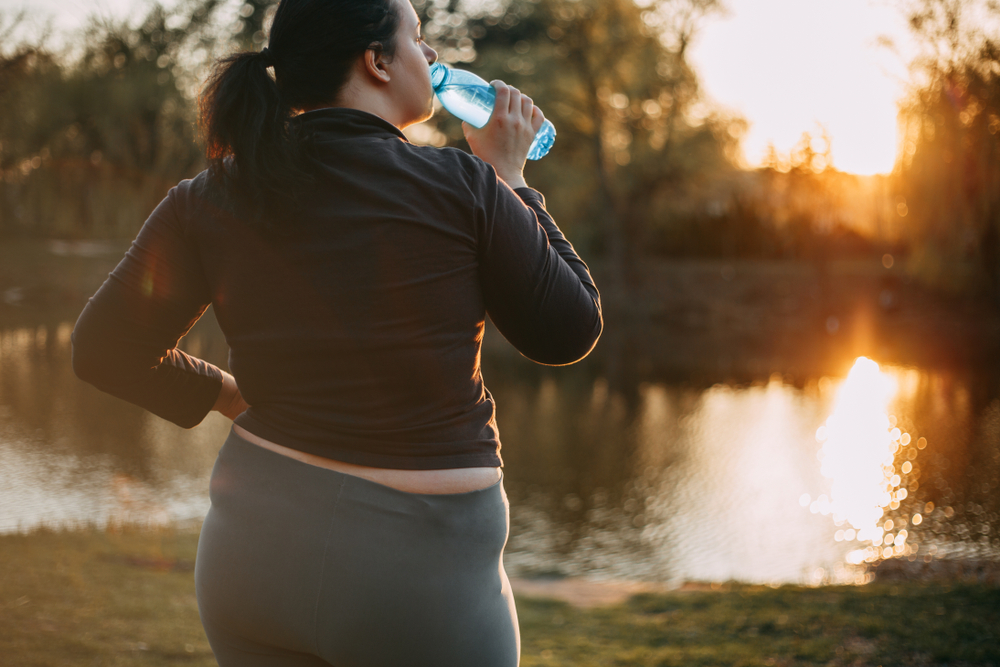
Improve Your Mood
Have you been feeling less positive than usual lately? Changes in mood can be impacted by fluid intake. Several studies have suggested that remaining hydrated can uplift your mood. In fact, a study in 2014 determined that people who drank more water were happier compared to when they drank their typical daily intake.
How many cups of water a day do you need to drink for an improved mood? That depends on your age and other factors, but 72 to 104 ounces is generally preferred (that’s around 9 to 13 cups of water for adults).
Tips for Staying Hydrated
Many people fail to drink an adequate amount of water in a day, often because they are not consciously consuming water throughout the day. Use the tips below to help boost your water intake and stay hydrated:
- Bring water with you to bed. Set a glass of water next to you, so it is there when you need it in the morning.
- Eat fruits and veggies that contain more water. Tomatoes or cucumbers are good options, since they have high water content.
- Carry a water bottle with you. Try a cute refillable water bottle that you like to carry, so you can always fill it back up during the day.
- Have a glass of water (or two) with every meal. This will help ensure that you are getting 8 to 16 ounces of water at least three times a day.
- Flavor your water. If you don't like the taste of water, pop in a lemon, cucumber slice, or a slice of lime. You may change your mind with a little flavoring to offset the neutral taste of water.
- Go digital and start tracking your intake with an app. Your app will let you know if you're not drinking enough water, so you can adjust your intake.
Using these simple tips, you can boost your water intake and reap the benefits of staying hydrated throughout the day!
Final Notes
Now that you know how much water you should be drinking a day, it’s your turn to start being conscious about your water intake. Make an effort to track how much water you drink throughout the course of a day and use the guidelines shared to determine if that is an adequate amount given your age, gender, and weight.
By drinking more water, you can take strides towards creating a more healthy lifestyle for yourself. Through proper hydration, a balanced diet, and regular exercise, you can build healthy, sustainable habits.
Related Resources
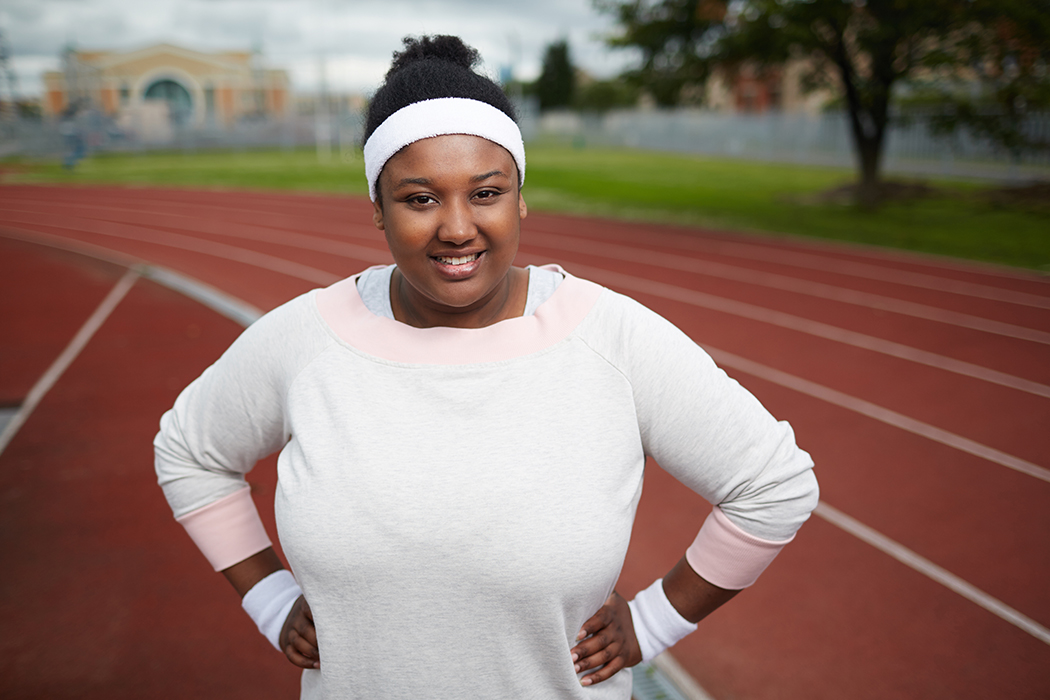
Health Benefits of Exercise for Weight Loss
View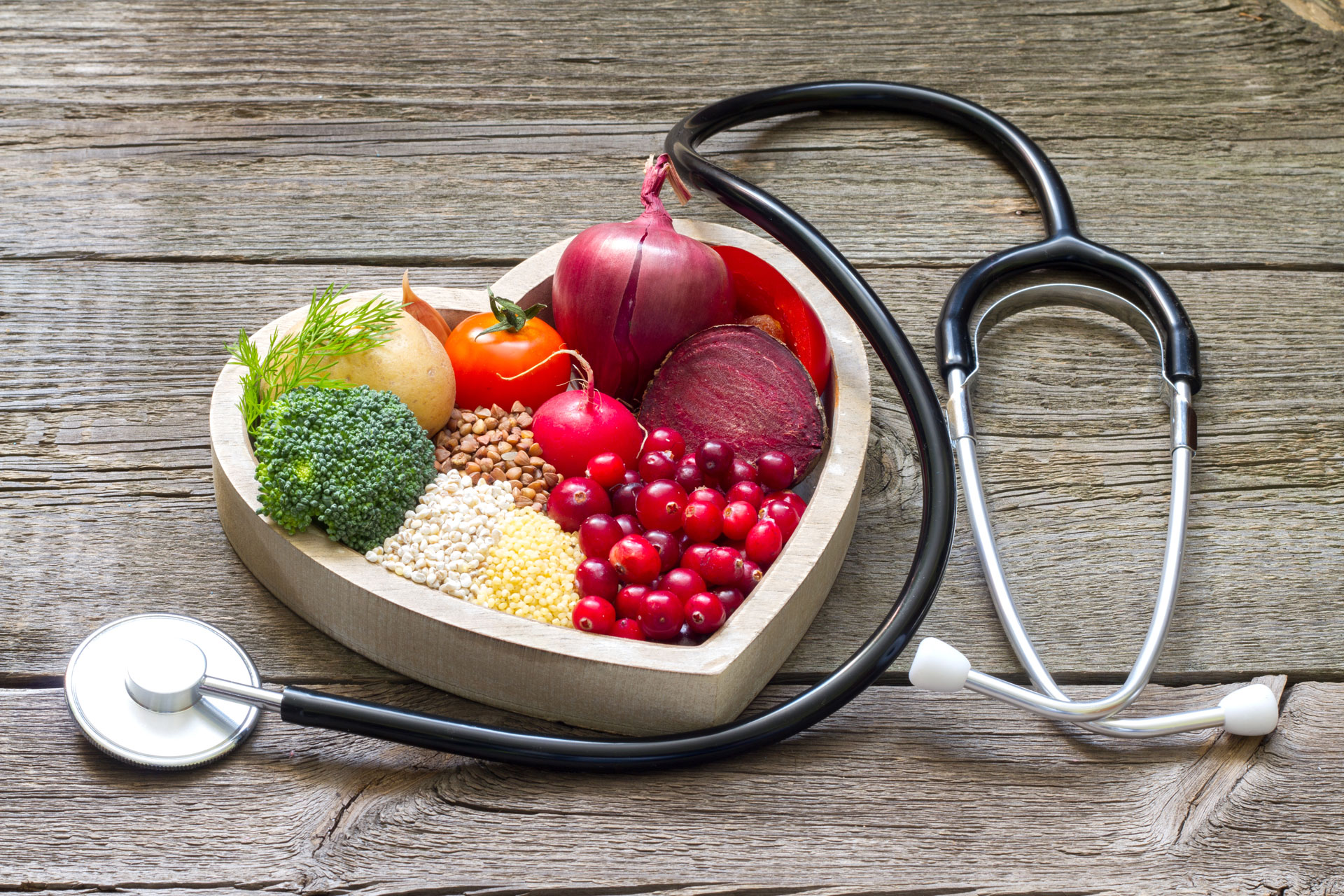
Lifestyle Changes to Help Lower Cholesterol
View
Exercising to Lose Weight: Best Weight Loss Exercises
ViewLatest Resources
Ask your healthcare provider about CONTRAVE
Get help starting the conversation.
The CONTRAVE Chronicles Blog
Get recipes, workouts, success stories, and healthy lifestyle tips.
Just getting started with CONTRAVE?
See what you can expect.
